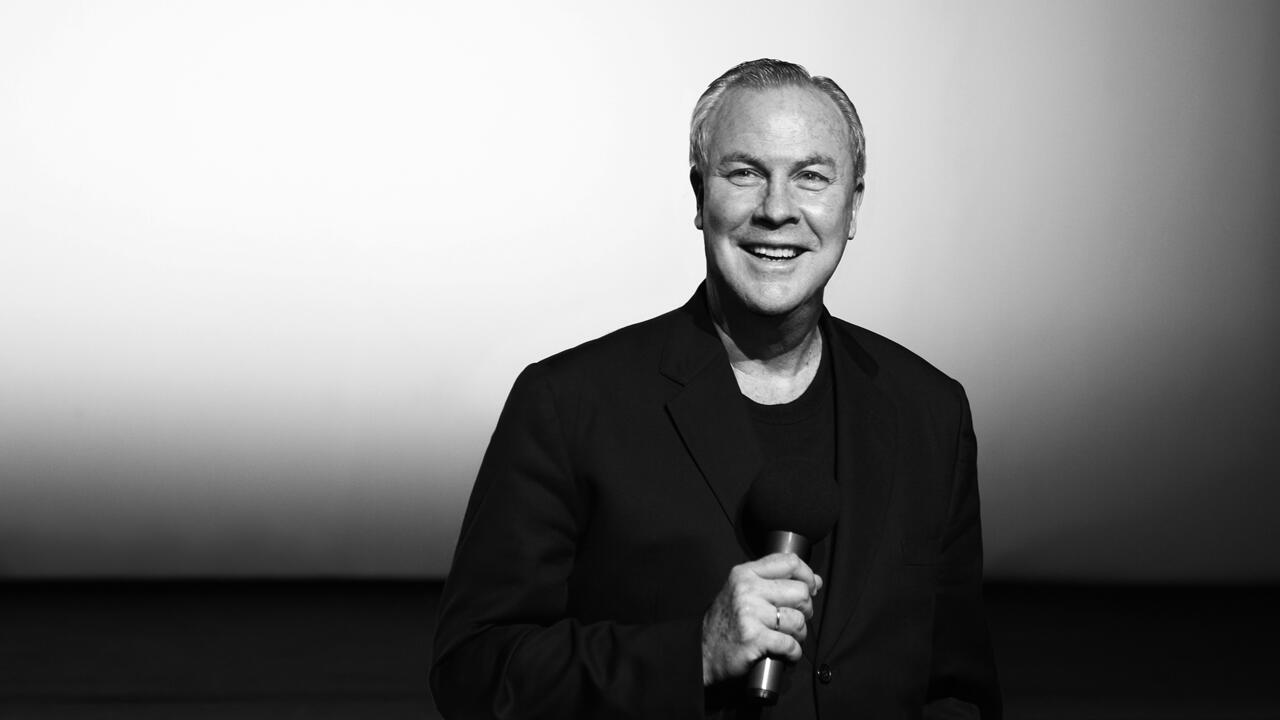New Ways of Seeing in RaMell Ross’s ‘Nickel Boys’
An adaptation of Colson Whitehead’s acclaimed novel uses first-person perspective to intimately portray the joys and struggles of Black life
An adaptation of Colson Whitehead’s acclaimed novel uses first-person perspective to intimately portray the joys and struggles of Black life

I first read Colson Whitehead’s novel The Nickel Boys (2019) while quarantined in a Caribbean hotel, battling my first bout of COVID-19. Dejected and ill, I found solemn refuge in Whitehead’s absorbing and heartbreaking tale about two Black boys – Elwood Curtis and Jack Turner – navigating the abusive horrors of a juvenile reform school. In the final acknowledgments of this Pulitzer Prize-winning book, Whitehead reveals that the story was inspired by the real-life atrocities of the Dozier School for Boys in Marianna, Florida. The state-run facility, notorious for its gruesome treatment of students, was exposed in 2012 through forensic evidence and firsthand testimonials. These revelations uncovered a horrifying truth: many boys had been tortured and raped, with more than 100 murdered, their bodies buried in a secret graveyard on the school’s grounds and surrounding fields.

Documentary footage of the disinterment of these graves is interspersed throughout RaMell Ross’s film adaptation of the book – his first narrative feature following his acclaimed documentary of Black Southern life, Hale County This Morning, This Evening (2019). Much like his documentary, which also follows the lives of two young Black men, Ross’s Nickel Boys (2024) tracks its characters with the same lyrical intimacy; the camera follows almost every scene like a drifting eye in the thick of the action. Although a fictional account of Black life set in the Jim Crow-era American South, Ross delivers an unflinching level of vérité in his elegiac film, visually transporting us to a time and place that, much like Whitehead’s text, feels all-too-real.
Ross achieves this scrupulous level of veracity in multiple ways, but perhaps most singularly (and successfully) through unconventional cinematographic techniques. Filmed almost entirely from first-person perspectives, using camera rigs worn by actors, the movie embodies its main characters – Elwood (Ethan Herisse) and Turner (Brandon Wilson) – as we see much of the action through the protagonists’ eyes. While jarring and disjointed at times, the result is ultimately a beautiful and haunting display of dynamic storytelling, focusing on the minutiae of daily life, mimicking how the human gaze can meander, look downward in embarrassment or trail off into the distance.

Although the film closely follows the book’s plot – the unfair sentencing of the promising young Elwood to the Nickel Academy in the 1960s, where he befriends the cynical Turner and, together, they plot their escape – each scene feels like an episodic vignette, compelling us to be active participants in the world Ross has built. In the pivotal scene where Elwood hitchhikes to attend a prestigious preparatory college program, there’s no explicit mention that he’s in a stolen car or that he’s later falsely incriminated. Instead, we see only Elwood’s indeterminate and frightened stare as he looks longingly at the driver, then apprehensively at his feet, while a police officer outside the frame addresses the culprit.

Other films, such as Robert Montgomery’s classic Lady in the Lake (1947) and the more recent sci-fi action flick Hardcore Henry (2015) – both of which Ross cited as references for Nickel Boys at the New York Film Festival press preview in September – have attempted first-person perspective, but with less finesse and without the emotional valence brought by this cast. Without revealing spoilers, I think most readers of the book would agree that the film’s visual conceit is a fitting stylistic choice to convey the novel’s renowned coda with cinematic force. But, beyond plot contrivances, Ross’s film offers a fresh and poignant perspective, profoundly humanizing and universalizing the Black experience.
RaMell Ross’s Nickel Boys (2024) is scheduled for release in the USA on 13 December 2024, and in the UK on 3 January 2025.
Main image: Brandon Wilson as Turner (left) and Ethan Herisse as Elwood (right) in RaMell Ross’s Nickel Boys, 2024. Courtesy: Orion Pictures © 2024 Amazon Content Services LLC. All Rights Reserved; photograph: Orion Pictures; photograph: L. Kasimu Harris


















